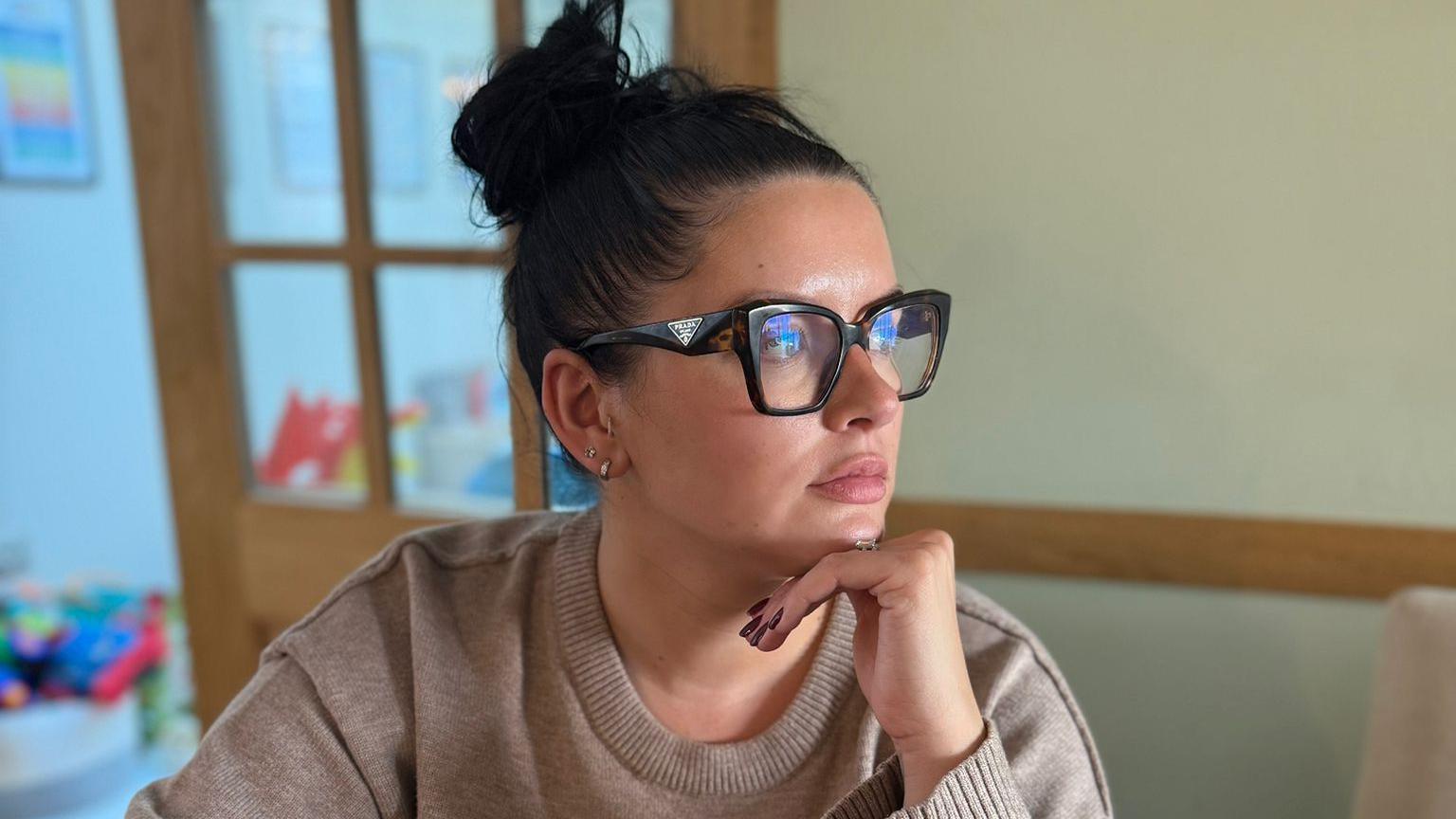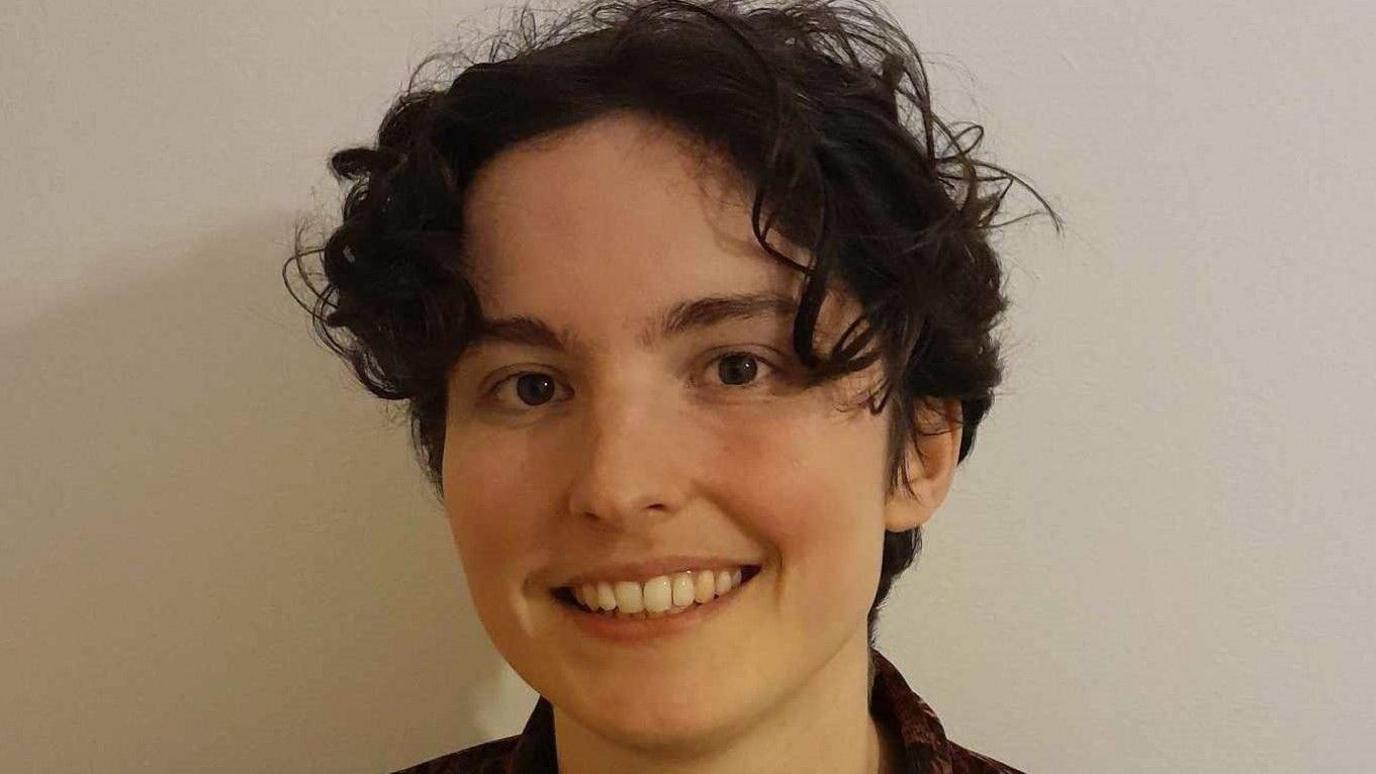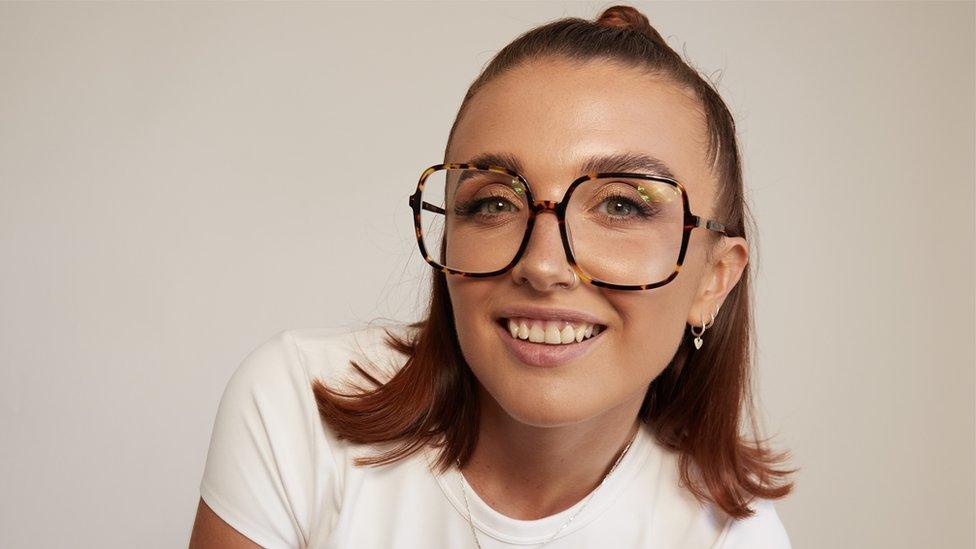Most ADHD patients have run out of meds - report

Louisa Garcia said she was told her supply medication had stopped when she moved to Brentwood
- Published
ADHD sufferers are "stressed" about their future with more than three-quarters having run out of medication, a report for Essex says.
It claims that fewer GPs are writing prescriptions under shared care agreements, which means patients are reliant on specialists or going private for their drugs.
Healthwatch Essex's report, external looked at 70 sufferers from across Essex, many of whom were cut off from treatment with little to no notice.
The local NHS said it recognised "this has been a challenging time" for people living with ADHD [attention deficit hyperactivity disorder] and their families.
Louisa Garcia, from Brentwood, said: "I do binge eat quite a lot when I don't have my medication, which was very noticeable.
"It's like everything's heightened by 100%. Your emotions — every little thing just sets you off; you have no motivation."
"Louisa on medication — she's my favourite person, because she's very organised, I get things done, I'm not as irrational when it comes to emotions.
"[I get] a bit of a dry mouth, which is a side effect, but at least I'm drinking more water when I take my medication."
'Stress or anxiety'
The report also found:
88% of those affected said they had experienced increased stress or anxiety because of the uncertainty around their care
76% said they had run out of medication entirely, while families reported paying up to £300 a month to continue treatment privately
52% said they were given just a month's notice or less before prescriptions were withdrawn, and almost 39% said no arrangements had been made for their ongoing care
Mrs Garcia, 31, said she lived without any medication for 30 years but immediately realised how important it was, and felt the impact of not being without it.
"I moved to Brentwood and I got told 'sorry, we don't do shared care anymore'," she said.
"Even though I had my perfect dose and I had my diagnosis, nobody would give me my medication.
"I didn't realise how important it was to me until I started taking it, because you go so long in life just plodding by, and once you get it, and it helps you focus.
"When you take it away, you feel like you've lost your arm.
"You realise what it's like to actually get things done and not battle with your brain all day.
"It helps with your mood, your motivation, your focus, everything that you struggle to do daily, it really helps you get along with that."
She said after a few months without any drugs, she was able to get a temporary system going with her practitioner while she waits for a different provider via her Right To Choose, external.

Joe Pearce from Healthwatch Essex said there is a need for "clarity, compassion and consistency" in patient care
Joe Pearce led the research at Healthwatch Essex, which is a patients' charity organisation.
"Late last year, early this year, GPs started withdrawing in quite large numbers from these shared care agreements, and it was due to a combination of different factors... [such as] increases to workload," they said.
"ADHD medication is not a luxury. For many, it is what enables them to study, to work, and to manage daily life."
The group is pushing for investment in local ADHD services, a cut in waiting times for assessment and treatment to within 18 weeks, and access to training for GPs.
Tom Abell is the chief executive of the NHS Mid & South Essex Integrated Care Board, which commissions health services in the area.
"We recognise this has been a challenging time for residents living with ADHD and their families," he said.
"We have a plan in place to support patients to continue to access ADHD medications where their GP is withdrawing from providing this service.
"We also continue to work closely with local GP practices and specialist providers to make improvements to ADHD care pathways to better support residents going forward.
"I'm sorry to hear about the challenges Mrs Garcia has encountered since her move to Essex and would encourage her to contact us directly. We've commissioned five new providers for Adult ADHD services, which will offer her more choice for her care."
Get in touch
Do you have a story suggestion for Essex?
Follow Essex news on BBC Sounds, Facebook, external, Instagram, external and X, external.
More stories of interest
- Published6 July

- Published31 July 2024

- Published6 October 2023

- Published28 October
